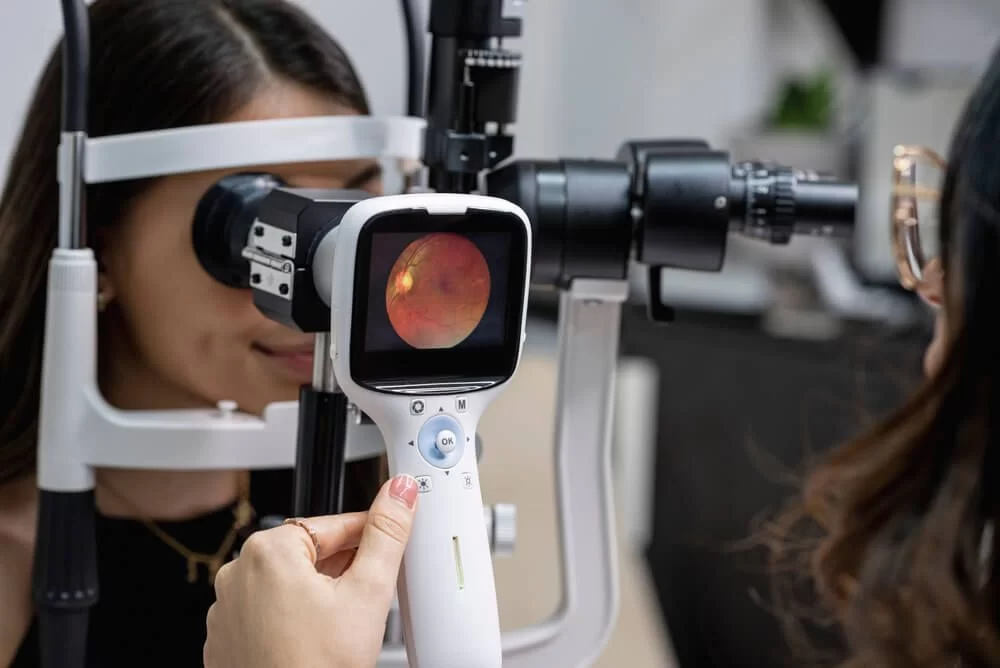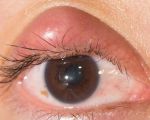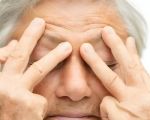
The Importance of Finding the Right Eye Doctor for Macular Degeneration
When it comes to eye health, particularly managing conditions like macular degeneration, finding the right eye doctor is crucial. As someone who has been dealing with this condition for several years, I can’t stress enough how important it is to work with a skilled, compassionate, and knowledgeable specialist. Macular degeneration, a leading cause of vision loss, particularly among older adults, can significantly impact daily life. However, with the right treatment and management strategies, it’s possible to slow down its progression and preserve vision.
What is Macular Degeneration?
Macular degeneration, also known as age-related macular degeneration (AMD), is a condition that affects the macula, the part of the eye responsible for sharp, central vision. This can make it difficult to read, recognize faces, or even drive. AMD is primarily divided into two types: dry and wet. Dry AMD is more common and progresses slowly, while wet AMD, though less common, can cause rapid vision loss if left untreated.
Why You Need an Expert for Managing Macular Degeneration
Managing macular degeneration is not just about regular checkups; it’s about finding an eye doctor who specializes in this condition. Not all eye doctors are equipped to handle macular degeneration, as it requires a deep understanding of advanced treatment options, diagnostic tools, and an ongoing management plan. I've personally experienced the benefits of consulting with an expert in this field, and I’ve seen firsthand how their knowledge can make all the difference in preserving vision.
How to Find the Best Eye Doctors for Macular Degeneration
When searching for the best eye doctors, it's important to consider factors such as their experience, qualifications, and reputation. The best eye specialists for macular degeneration should have a wealth of experience in diagnosing and treating this condition and be well-versed in the latest advancements in treatments and therapies. I’ve compiled a few essential tips based on my own journey of finding the right doctor:
1. Look for a Retina Specialist
Retina specialists are ophthalmologists who focus on the retina and macula, the areas of the eye affected by macular degeneration. These specialists are highly trained to handle complex eye conditions like AMD. When I first started seeking treatment, I made sure to consult a retina specialist, which greatly improved my understanding of the condition and available treatment options.
2. Research the Latest Treatments and Technologies
Macular degeneration treatment has evolved significantly in recent years, with new advancements like anti-VEGF injections for wet AMD and low vision aids for dry AMD. Make sure your doctor is up-to-date with the latest research and treatment methods. A good doctor will be able to explain these options in detail and recommend the best treatment plan for your specific case.
3. Ask About Their Patient Success Stories
Patient success stories can give you insight into how effective a doctor’s treatment approach is. It’s essential to ask for real-life examples or testimonials from patients who have undergone similar treatments. When I met with my retina specialist, I was reassured after hearing about the positive outcomes of other patients with conditions similar to mine.
4. Consider Convenience and Accessibility
Even the best eye specialists may not be helpful if they are not accessible to you. When searching for an eye doctor, consider the location of their practice, the ease of getting an appointment, and the availability of virtual consultations if needed. Convenience can be a game-changer when managing a chronic condition like macular degeneration.
5. Get a Second Opinion
Don’t hesitate to seek a second opinion if you feel uncertain about a diagnosis or treatment plan. I found it incredibly helpful to consult multiple specialists, which allowed me to feel more confident in my treatment choices. Macular degeneration can be complex, and it’s important to feel completely comfortable with your eye care provider.
Personal Experience with Macular Degeneration Treatment
My journey with macular degeneration has been a learning experience, filled with challenges and hope. Initially, I was devastated by the diagnosis, fearing that I would lose my ability to see the world clearly. However, after consulting with a retina specialist, I learned about the various treatment options available and the potential for slowing the progression of the condition. Regular checkups, a healthy lifestyle, and targeted treatments have helped me manage the condition effectively.
Regular Monitoring and Early Detection
One of the key takeaways from my experience is the importance of regular monitoring. Through routine eye exams and tests like optical coherence tomography (OCT) and fluorescein angiography, my doctor was able to detect early signs of wet AMD. This early detection allowed for timely intervention, which made a significant difference in my treatment outcomes.
Support and Resources for Patients
Managing macular degeneration is not just about medical treatment but also about mental and emotional support. Over time, I joined support groups for people with vision impairments, which helped me cope with the challenges of living with macular degeneration. I encourage other patients to seek out support groups or counseling services, as it can make a world of difference in dealing with the emotional impact of this condition.
Conclusion: Take Charge of Your Eye Health
Macular degeneration may be a serious condition, but with the right care, you can manage it effectively and maintain your quality of life. Take the time to find a specialist who is experienced, compassionate, and up-to-date on the latest treatments. With the proper treatment plan and a proactive approach to your eye health, you can continue to enjoy life with better vision. Remember, your vision is priceless, and seeking the best care possible is the first step in preserving it.








